Be Well, Teach Well: A Locally Defined and Participatory Approach to Measuring Teacher Well-being in Uganda
Teachers are a key factor in student success, but literature is limited in exploring how the well-being of teachers—affections, attitudes, and perspectives of their occupation—affects teachers’ practice and students’ learning in the global south. Teacher well-being is particularly important to consider in a context such as Uganda, where teachers’ job satisfaction is low, teacher shortages are high, and the educational demands of both Ugandan and refugee communities have left the education system overstretched, reducing teachers’ ability to address their own well-being or to support students’ well-being and learning.
As part of a LASER PULSE project, the Be Well Teach Well (BWTW) research-practice consortium–the Global Center for the Development of the Whole Child (GC-DWC), Luigi Giussani Institute of Higher Education (LGIHE), and Save the Children–engaged a diverse group of teachers from settlement and non-settlement contexts in Uganda to co-create a contextually-appropriate teacher well-being measurement tool. The study was composed of three phases which built upon each other.
After interviewing 148 primary school teachers from five study sites across Uganda, the team began to understand how teachers conceptualized well-being in their profession. Teachers identified seven groups of factors that support their well-being. These factors covered intrapersonal (individual skills and beliefs) and interpersonal skills of teachers (social skills), as well as the settings and systems (external motivation and learning community) that allow teachers to succeed. Cooperation among teachers – sharing knowledge and resources with peers as well as receiving help from others – was the most frequently mentioned factor in well-being, as well as the most highly ranked by participants. Teaching methods related to training and lesson planning, while important for all teachers, were most frequently identified and prioritized by teachers working with refugee children in Lamwo and Kamwenge as opposed to teachers in non-refugee contexts. The study also identified school administration as an important contributing factor to teacher well-being, especially when administrators are supportive, approachable, and respectful.

Subsequently, the project worked with nine teachers to conduct participant observations in their schools and develop a tool to assess seven sub-factors that affect teacher well-being: peer collaboration, preparation, intrinsic motivation, support from administration, sociability, teacher-pupil relationship, and sense of safety. The research team pilot tested this tool with 300 teachers from 5 study sites across Uganda, including schools serving refugee children from South Sudan and the Democratic Republic of Congo. The team was able to validate the structure of the seven constructs in the tool and demonstrate that the measure works similarly when capturing the perceptions of male versus female teachers as well as teachers working in settlement versus non-settlement schools. This tool—Wellbeing Assessment of Skills and Supports that Enable Teachers to Succeed (Wellbeing ASSETS)—is the first of its kind for Uganda–an assessment that was designed with and for teachers, to better help understand and monitor key factors that affect teachers’ well-being.
Teacher well-being for primary school teachers is much more than the absence of illness or stress, or even feeling happy; it is about them flourishing holistically. After incorporating the voices of Ugandan primary school teachers, the project contributes an understanding that teacher well-being is supported by a positive attitude toward teaching and strong teaching techniques that stem from supportive relationships with colleagues and students; the belief that one can teach effectively; and the feeling that one’s personal and professional needs and expectations are met. Understanding that multiple factors contribute to teacher well-being is an important first step in creating more comprehensive approaches for supporting teachers.
Full findings from this project are currently under embargo pending publication. However, the team expects Wellbeing ASSETS to be useful in impact evaluations and needs assessments in Uganda, approaches in the study to influence discourse and understanding around teacher well-being and measurement, and findings to inform the Ugandan government and education partners on how to support teachers in staying and thriving in the teaching profession.
For additional information on the project, contact Dr. Nikhit D’Sa at ndsa@nd.edu and Betty Bugusu at bbugusu@purdue.edu. For information on LASER PULSE, contact USAID AOR Kevin Roberts at kroberts@usaid.gov and Program Director Pallavi Gupta at gupta604@purdue.edu.

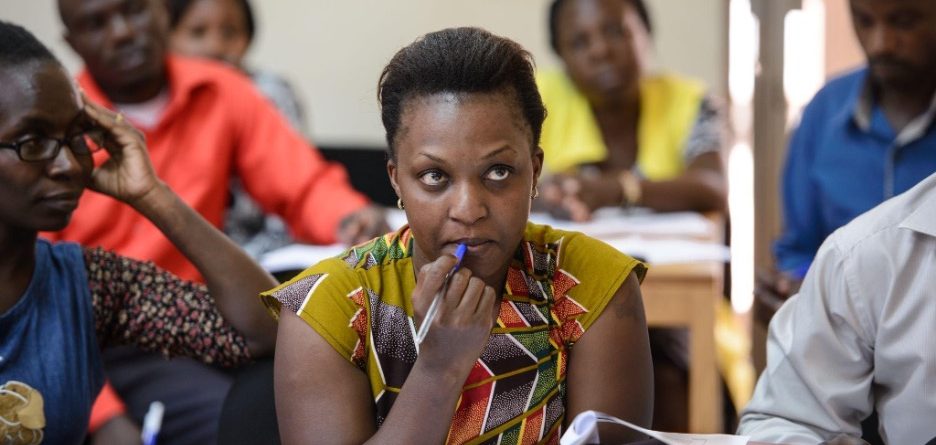
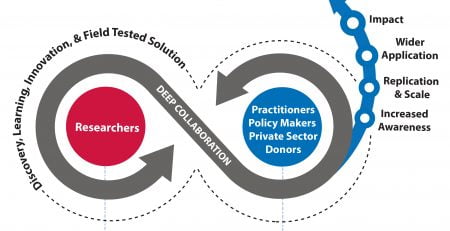


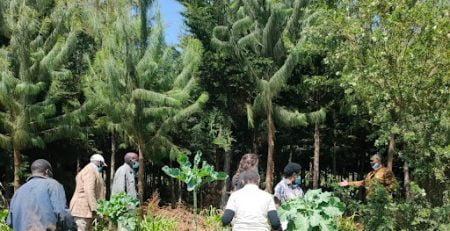
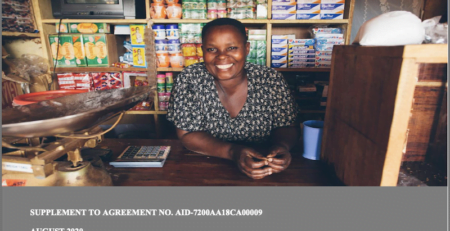
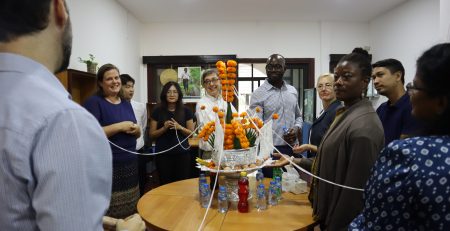

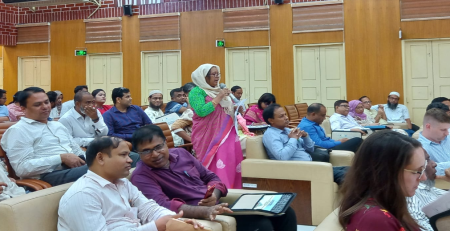

Leave a Reply
You must be logged in to post a comment.